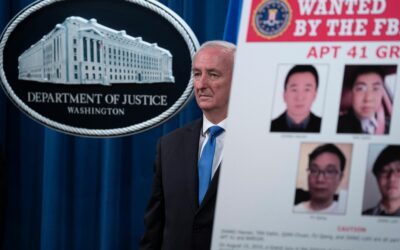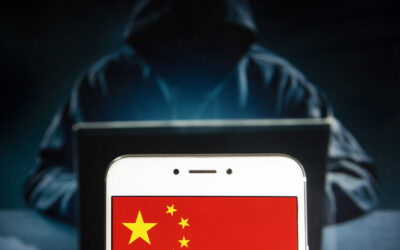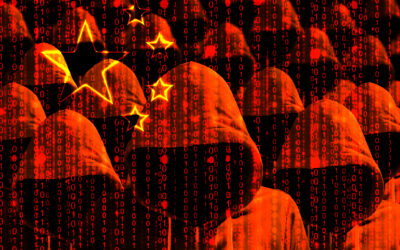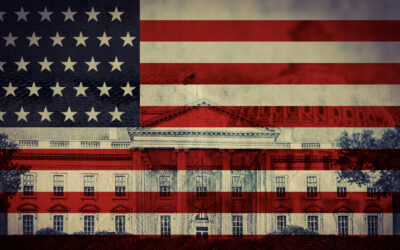
Why China is Cyber-Threat #1 – and What To Do About It
SUBSCRIBER+ EXCLUSIVE — When U.S. and British officials filed charges of cyberespionage and imposed sanctions against China Monday, for a campaign which they said had […] More
“The Cipher Brief has become the most popular outlet for former intelligence officers; no media outlet is even a close second to The Cipher Brief in terms of the number of articles published by formers.” —Sept. 2018, Studies in Intelligence, Vol. 62
Access all of The Cipher Brief’s national security-focused expert insight by becoming a Cipher Brief Subscriber+ Member.
Related Articles

SUBSCRIBER+ EXCLUSIVE — When U.S. and British officials filed charges of cyberespionage and imposed sanctions against China Monday, for a campaign which they said had […] More

The U.S. intelligence community is relying on artificial intelligence to uncover some of the Chinese intrusions into U.S. critical infrastructure that have alarmed national security […] More

SUBSCRIBER+ EXCLUSIVE REPORTING – As Chinese government hackers have burrowed into U.S. critical infrastructure, they have avoided detection by targeting low-profile devices: obsolete internet routers […] More

SUBSCRIBER+ EXCLUSIVE REPORTING – A Pennsylvania water treatment facility is infiltrated by hackers linked to Iran. Russian hackers breach more than a thousand home office […] More

SUBSCRIBER+ EXCLUSIVE REPORTING – A weaponized drone sinks a Russian warship on the Black Sea. A series of drone attacks strike oil facilities inside Russia. […] More

CIPHER BRIEF REPORTING – As U.S. Government Executives are working to implement the Biden Administration’s new Executive Order on Artificial Intelligence, (AI) they are not […] More
Search